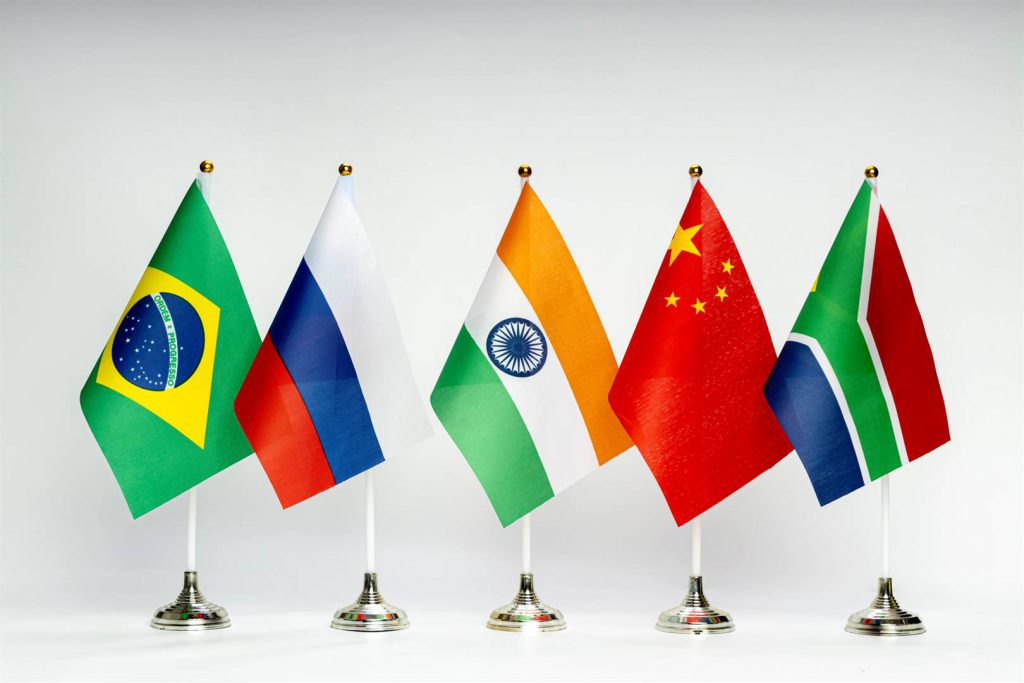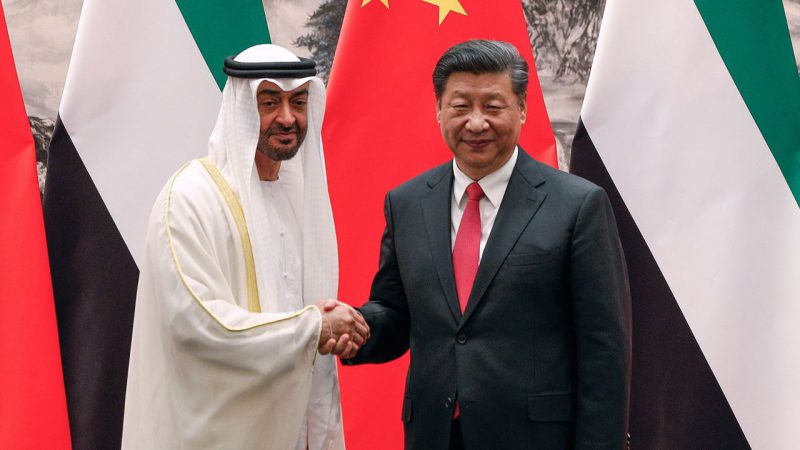Amid the rising prevalence of the BRICS economic alliance, both the United Arab Emirates (UAE) and China have signed a currency swap and Central Bank Digital Currency (CBDC) partnership. Specifically, the countries announced the renewal of a currency swap agreement. Meanwhile, they have inked a memorandum of understanding (MoU) to partner on CBDC development.
The two nations represent key pillars of the BRICS bloc moving forward. Moreover, the agreements craft two key opportunities. First, in the realm of local currency promotion; a continued goal of the bloc. Additionally within digital finance development, which has recently become a focus of the alliance.


Also Read: UAE to Ditch US Dollar in New Oil Deals
China and UAE Renew Currency Swap, Announce CBDC Collaboration
For much of this year, the BRICS bloc has become a massive geopolitical talking point. Indeed, its rising prevalence has seemingly taken the globe by storm. Subsequently, it culminated in the six-nation expansion plan that was the landmark announcement of its 2023 Annual Summit.
Now, a recently invited country, and an original BRICS nation have increased collaboration as the UAE and China have announced a currency swap agreement and a CBDC partnership. Specifically, the Central Bank of the UAE and the People’s Bank of China have renewed a currency swap agreement. Meanwhile, they have signed an MoU regarding the development of a Central Bank-issued digital asset.
The agreement was signed by CBUAE governor Khaled Mohamed Balama, and Peoples Bank of China governor, Pan Gongsheng. Additionally, the currency swap will have a value of 18 billion dirhams, or 35 billion yuan. Moreover, the two agreements will aim to increase relations and bilateral cooperation over the next five years.


Also Read: BRICS Plan to Ditch US Dollar Takes Step Forward
Reports state that the move was made in an effort to greatly increase both national and bilateral cooperation. Secondly, the agreements place an emphasis on the economic and digital finance fields. Specifically, China has seen tremendous success with hits digital Yuan CBDC. So much so, that may have pondered if a digital currency could soon become a BRICS staple.
The UAE accepted the alliance’s invitation after it was issued in August. However, they cannot officially enter into the bloc until the start of 2024. Subsequently, it appears as though the nation is preemptively establishing its relational standings prior to that official start. Such a practice will likely lead to increased success in the early months of next year.





